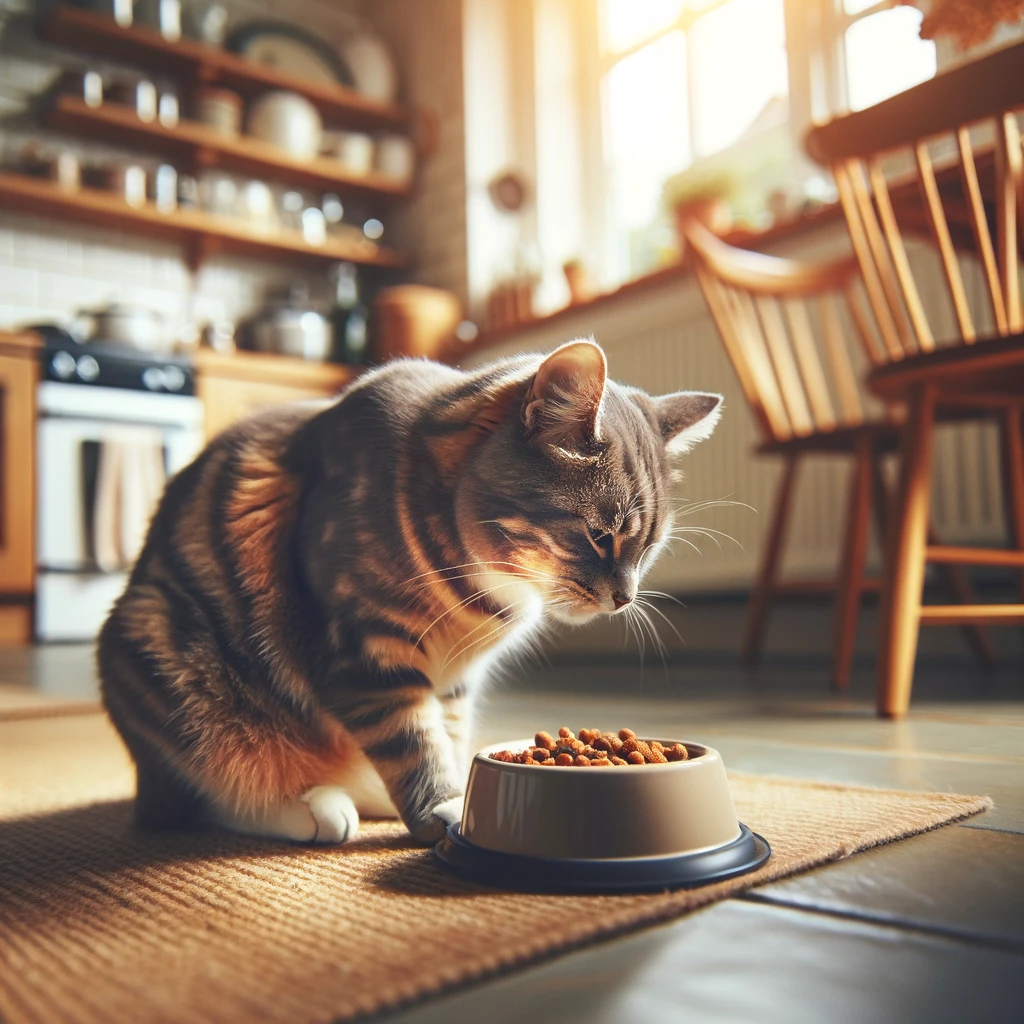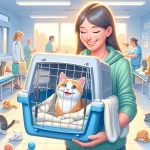Foods for a Healthy Cat Diet
Cats are not just pets; they are members of our family, and just like any family member, their health and nutrition are of utmost priority. Understanding the nutritional needs of cats is essential to keeping them healthy and happy. Below, we’ve outlined specific meal recommendations, foods to avoid, and tips to balance your cat’s diet effectively based on their unique biological makeup.
Nutritional Needs of Cats
Cats require:
- High-Quality Protein: Essential for muscle growth and maintenance. Look for lean meats like chicken, turkey, or fish in cat foods.
- Essential Amino Acids: Taurine, arginine, and methionine are vital for heart health and preventing serious medical conditions.
- Fatty Acids: Omega-3 and omega-6 fatty acids contribute to a shiny coat and robust immune system.
- Vitamins: A, D, and E play roles in vision, bone health, and antioxidative functions, respectively.
- Hydration: Always ensure your cat has access to fresh, clean water.
- Minerals: A balance of calcium, phosphorus, and magnesium supports overall well-being and bone health.
Foods to Avoid
Cats should never be given:
- Onions, garlic, and chives
- Grapes and raisins
- Chocolate and caffeine
- Raw eggs, meat, and fish
- Fish or meat bones
- Sweeteners like xylitol
- Alcohol
- Large amounts of dairy
Sample Diet Plan
A sample day’s menu for cats could include:
- Morning: High-quality commercial cat kibble rich in animal proteins.
- Midday: A small serving of wet food with added taurine and omega fatty acids.
- Evening: Lightly grilled fish or lean meats, ensuring all bones are removed, occasionally mixed with cooked grains like rice.
Nutritional Balance
To ensure your cat’s diet remains balanced:
- Always consult your vet, considering your cat’s age, weight, and health.
- Pick feeds approved by AAFCO.
- Rotate protein sources and opt for a mix of natural and commercial foods to maximize nutrient intake.
- Adjust feeding amounts based on activity levels and maintain regular vet checkups for dietary adjustments.
Maintaining a balanced diet for your cat is crucial for their daily happiness and long-term health. Following these guidelines and consulting a professional will help secure a nutritious diet tailored for your feline friend.





